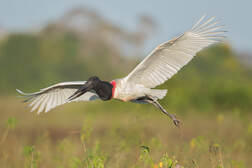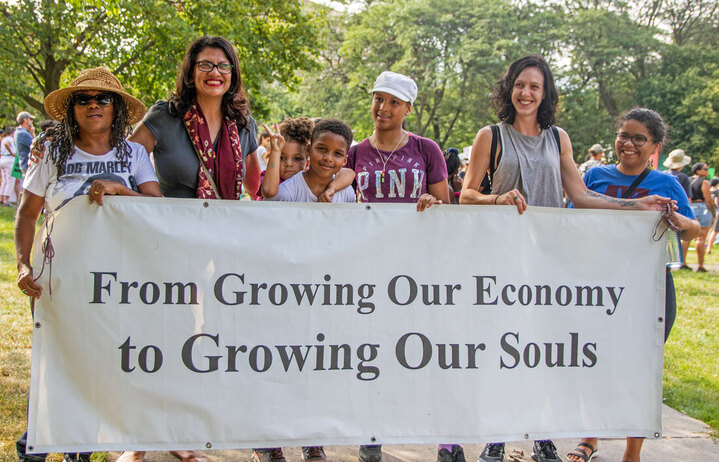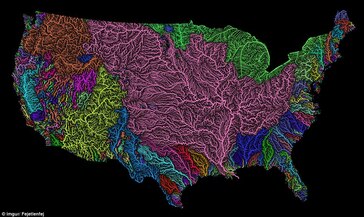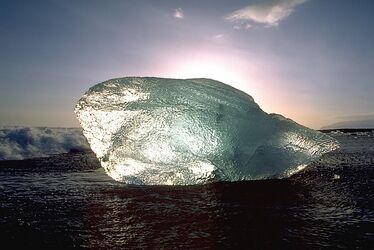
In the book "Collapse: How Societies Choose to Fail or Succeed," Jared Diamond identifies twelve environmental problems that face humankind today. The first 8 have caused civilizations to collapse in the past.
- "Deforestation and habitat destruction
- Soil problems (erosion, salinization, and soil fertility losses)
- Water management problems
- Overhunting
- Overfishing
- Effects of introduced species on native species
- Overpopulation
- Increased per-capita impact of people"
- "Anthropogenic climate change
- Buildup of toxins in the environment
- Energy shortages
- Full human use of the Earth’s photosynthetic capacity"
In my book I suggest that becoming eco-literate requires we understand the ecological crises as plural. Though I did not use Diamond's book to theorize the structure of this plurality, David Orr, in his 1992 book, suggested three crises, which has also been suggested by Vandana Shiva. My point in Eco-Literate Music Pedagogy was, rather than suggesting there are exactly two, or three, or twelve crises, eco-literate citizenry cannot focus only on a single crisis, such as climate change, and ignore or even exacerbate another crises. As I didn't deal specifically with Diamond's twelve challenges in the book, lets look at three of them here from a creative teacher's lens.
- Deforestation: Facing deforestation, students can be shown artwork and musics that celebrate forests. Since we will need to create more wildlife sanctuaries, students can artistically celebrate their local parks and even work toward their expansion, or work to improve habitats within those parks.
- Soil: Many schools now have school gardens. It is important that students be connected to actual soil, learning about their bioregion's planting and seasonal cycles. (I even called my philosophy a "Philosophy on Soil" in the book). There are many ways to celebrate soil through music, including songs and visual artwork (use these interdisciplinarily). Get your students outside and talking about, singing, dancing, and celebrating the soil, because the next generation will help us overcome soil-loss problems previous generations have exacerbated.
- Water: Water is life. American Indian groups led the protests against the Dakota Access Pipeline beginning in 2016, suggesting this pipeline represented a threat to the region's drinking water. Beginning in 2014, Flint, Michigan has experienced lead in their drinking water. Honduras and other Central American nations have experienced a clean water crisis, which has led to increased immigration and climate refugees here in the U.S. When we teach our students about the needs of "the other" we need to include the ecological realities people face today.
Whether you teach music, art, and dance, or use the arts to teach in your classroom, young students can feel empowered when you provide opportunities for songwriting, painting, dancing, and other creative responses to the ecological crises. It is important that children learn the challenges, and realize ways to respond, resist, and change our communities and societies moving forward. (image link)
I'll end with a quote from Michael Silver's book, Voices of Drought: The Politics of Music and Environment in Northeastern Brazil: "Climate change and other forms of environmental decline will affect a greater range of human activities than we typically acknowledge. As natural resources become unavailable, new, sustainable materials will need to be used to produce (and reproduce) music. ... With changing weather patterns come challenges (or renewed activities of) forms of local ecological knowledge. If populations of birds, whose calls convey vital knowledge to farmers, migrate to more hospitable places or become extinct, local ways of knowing become obsolete."
It is my sincere hope that, in response to these great challenges we face, a creative pedagogical approach might help unearth solutions. Local knowledges are constantly evolving, and we must all play our part in living a philosophy on soil.
DJS



 RSS Feed
RSS Feed
